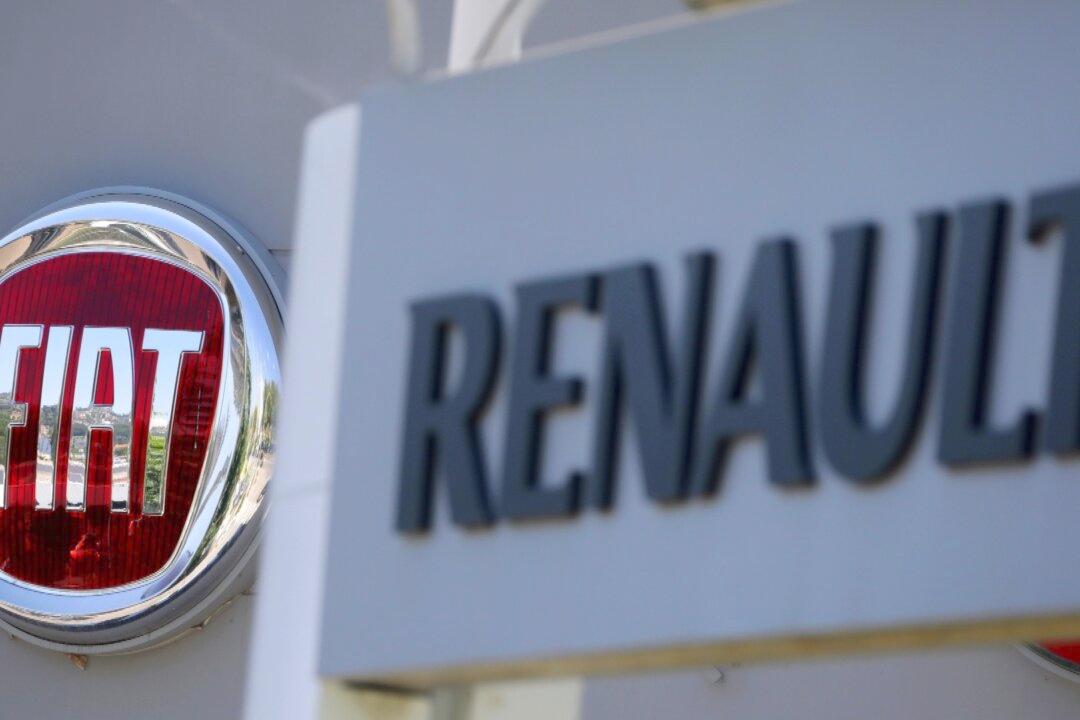PARIS/MILAN—France was battling to defend its business strategy on Thursday after being blamed for scuppering a $35 billion-plus merger between carmakers Fiat Chrysler (FCA) and Renault only 10 days after the plan was officially announced.
Shares in Italian-American FCA and France’s Renault fell sharply in early trade after FCA pulled out of talks, saying “the political conditions in France do not currently exist for such a combination to proceed successfully.”





